Temple Ramat Zion approached Rosh Hashanah with rejuvenated optimism this year. Celebrating its 50th anniversary, the Conservative synagogue recently hired a new rabbi, Ahud Sela, and a new education director, Rabbi Helene Kornsgold.
“There’s so much energy among the members and the board to start a new era, to write the next chapter in the history of Ramat Zion,” said Sela, a former assistant rabbi with Sinai Temple. “And it’s so wonderful to see.”
David Perren, Ramat Zion’s current president, said the Northridge congregation has recovered from the shock of Rabbi Steven Tucker’s sudden death five years ago.
“We hit a point where we said, ‘That was then. Now, let’s move forward.’ We don’t have to feel sorry for ourselves anymore,” Perren said. “We have a lot to offer.”
Temple Ramat Zion — or TRZ, as it is known by its congregants — had about 700 member families in 1980. Now, with 315 families, the synagogue’s leadership is looking at different ways to increase its numbers by reaching out to prospective and existing members.
While still maintaining its traditional appeal as a mainstream Conservative synagogue, Ramat Zion is hoping to attract younger families and Jews with progressive tastes.
“For the traditionalists, it is your father’s temple,” Cantor Paul Dorman said. “Then, for the young people and nontraditionalists, it’s not your father’s temple.”
For many years, Ramat Zion has offered a variety of religious services that bridge the gap between traditional and progressive. Each week, services are geared toward a specific demographic, Dorman explained.
“We’ve had very innovative programs for our services,” he said. “We’ve really tried to cover all the different groups within the Conservative movement.”
Sela, who studied bioethics at the University of Pennsylvania and received his rabbinic ordination from New York’s Jewish Theological Seminary (JTS), has several goals in mind for the temple.
“I would love this synagogue to be a model for all synagogues in terms of how we take care of our members, how we take care of the rest of the community,” he said. “I think a lot of synagogues would have folded having the tsuris they had, but this synagogue didn’t because of the members they have.”
This year, TRZ extended free High Holy Days tickets to members’ adult children (ages 25 and under) still living at home and lowered membership fees for families with children enrolled in a Jewish day school.
Kornsgold, a JTS graduate and former rabbi-in-residence at Pressman Academy, said she wants to make sure youth are involved from the beginning.
“I want to get the younger kids and their families involved from an early age, so that you don’t see bar and bat mitzvahs as that day [when you say], ‘Oh great, [now] I can stop coming.’ Instead, you want to still come, and your parents are involved,” she said.
The synagogue already features a strong tutoring program, which began to support b’nai mitzvah and expanded to include other tutors, who act as madrichim, or leaders, for younger children in the Hebrew school.
Older children also play strong roles in the congregation. The temple’s dedicated United Synagogue Youth chapter is a particular point of pride.
“The synagogue made the statement 25 years ago: We tell our kids they’re adults. We’re going to start treating them like adults,” Sela said. “Within a few months, they’re given a tremendous amount of responsibility, and they step up.”
Located across the street from Abraham Joshua Heschel Day School, TRZ is hoping to develop a more comprehensive partnership with the school, which is not affiliated with a specific synagogue.
During the summer, Ramat Zion takes advantage of the warm weather, offering Friday night services under the stars, with barbecues organized by the synagogue’s men’s club.
“It reminds me of Central Park, when you would go to hear the free concerts,” Dorman said. “You’re outside on the courtyard, out on the grass, and young kids are running around. It’s such a beautiful, relaxed community event.”
Kornsgold and Dorman both emphasize the inherent thoughtfulness that exists throughout the TRZ community.
“It’s a very haimish congregation,” Kornsgold said. “I don’t think there’s an English word for it. You just feel it.”













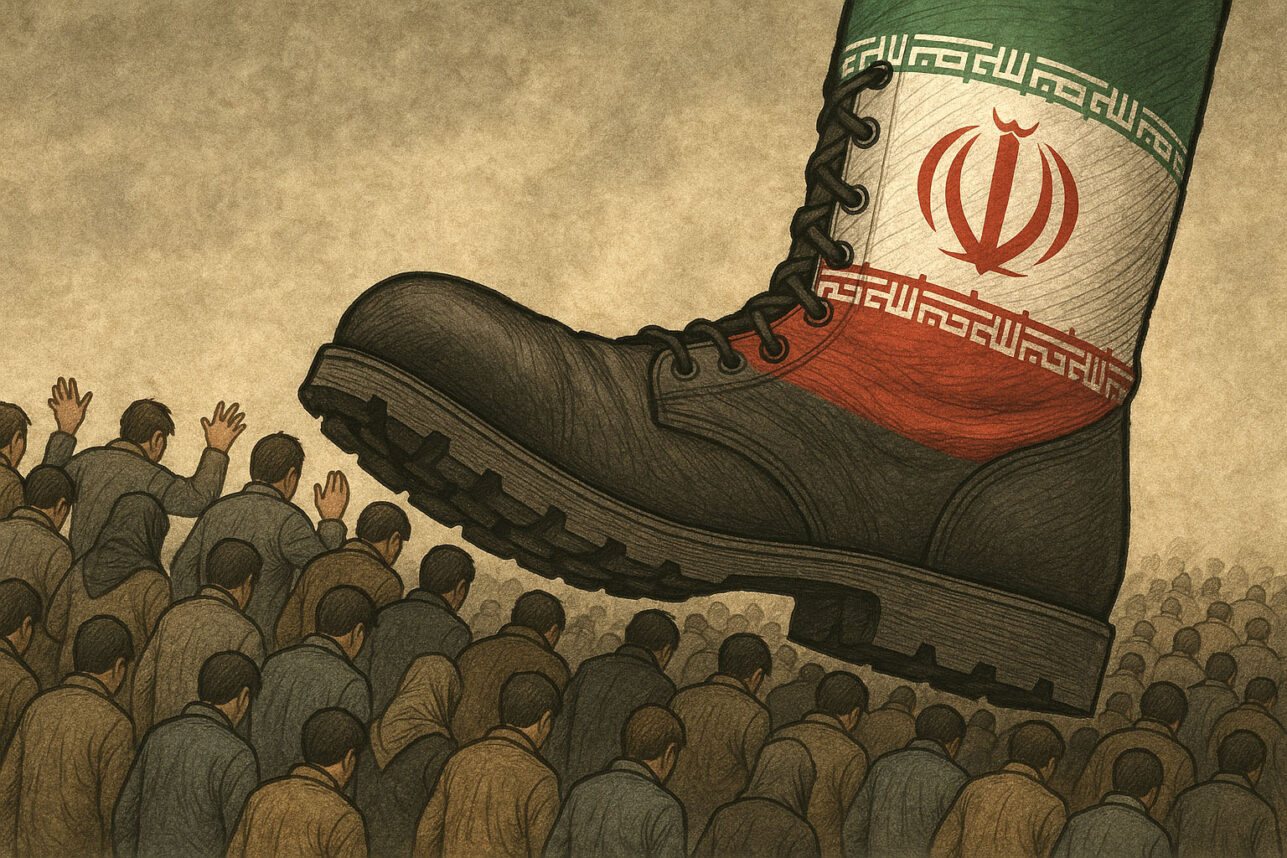

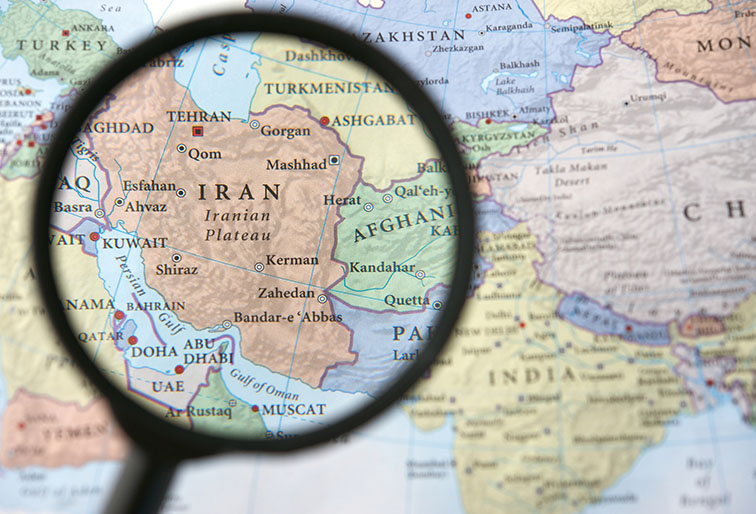
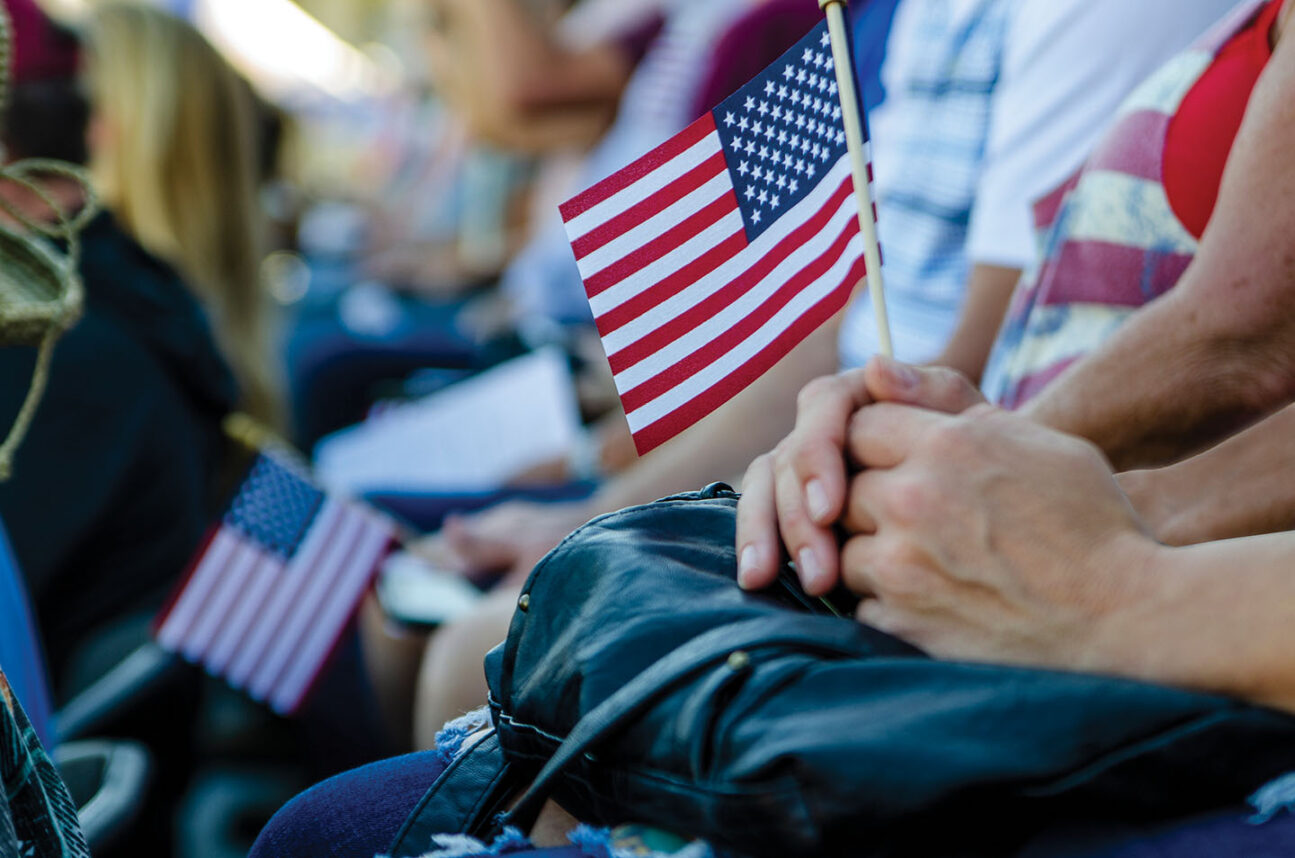
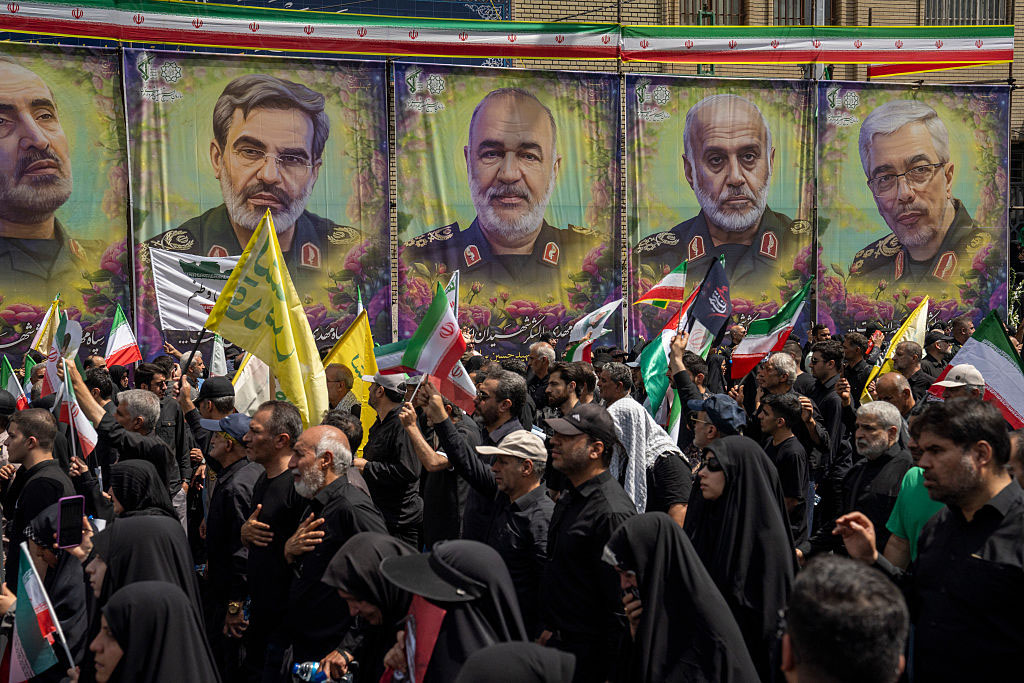
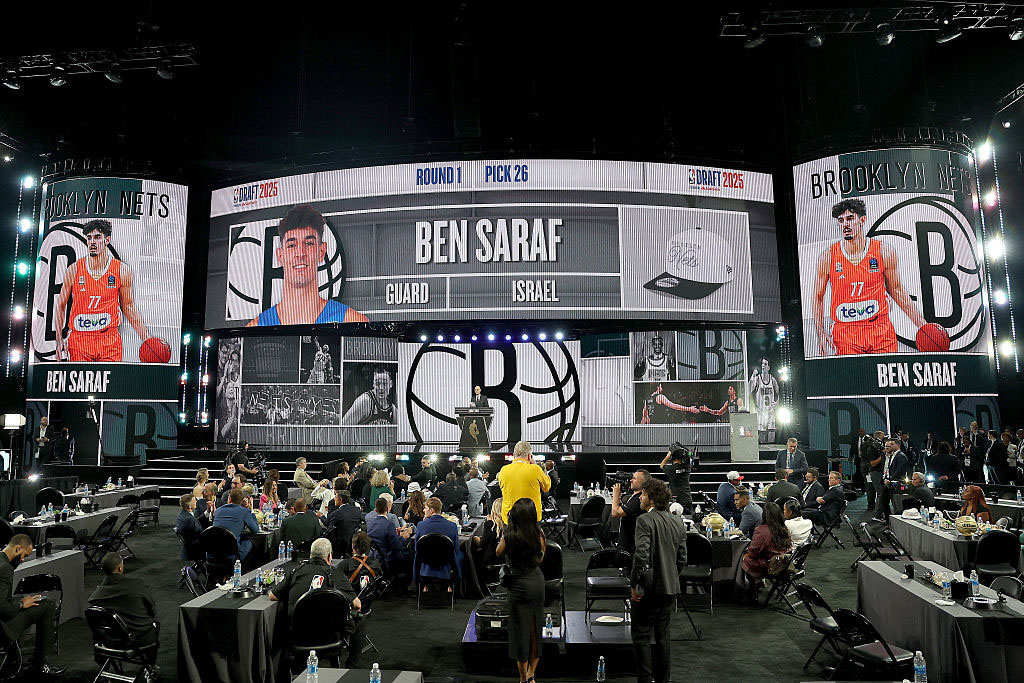














 More news and opinions than at a Shabbat dinner, right in your inbox.
More news and opinions than at a Shabbat dinner, right in your inbox.